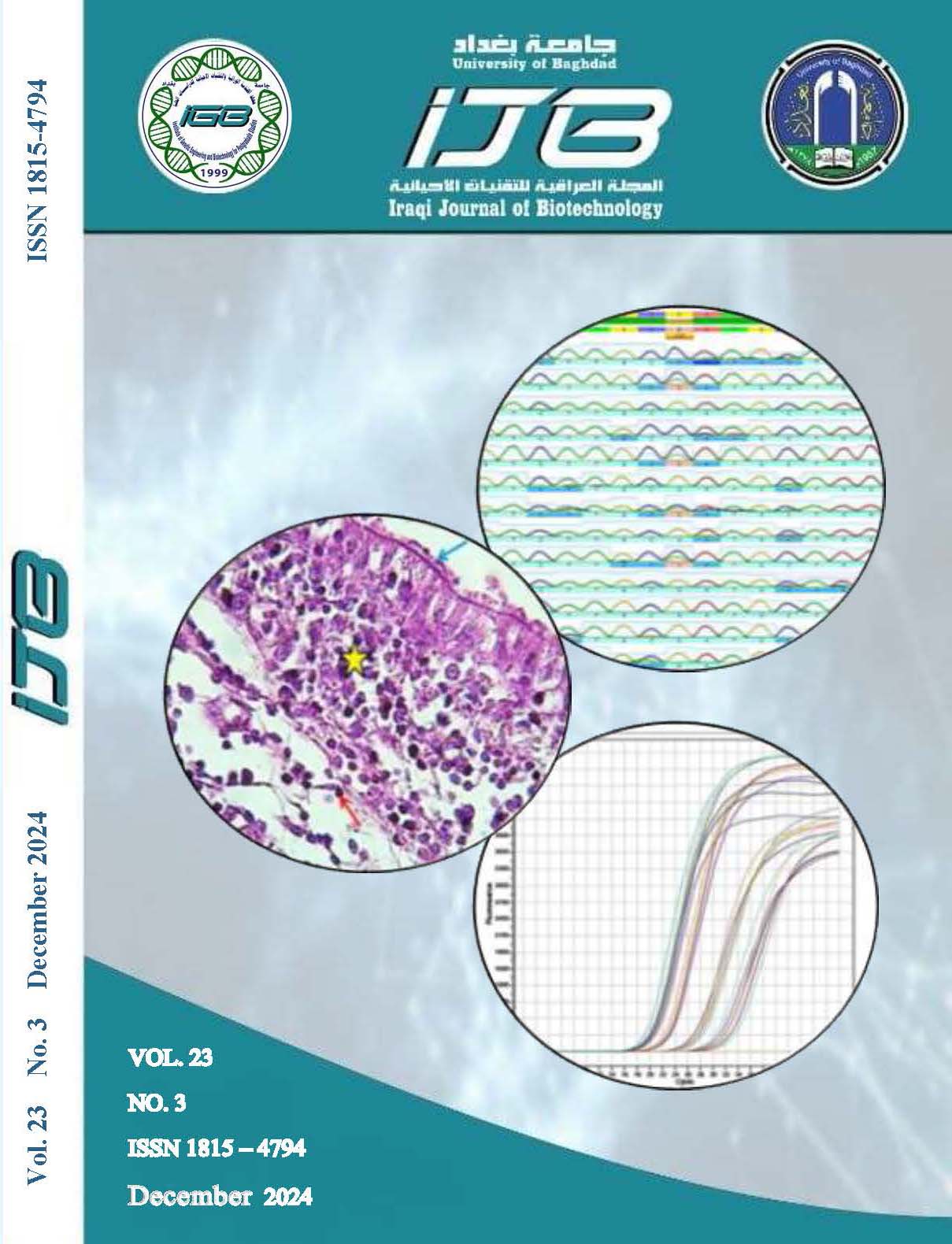The Relationship between Helicobacter pylori Infection and Multiple Sclerosis
Abstract
Multiple sclerosis (MS) is a chronic autoimmune; inflammatory neurological illness affecting the central nervous system (CNS). MS damages the myelinated axons; in the central nervous system; partially damaging the myelin sheath and axons. Helicobacter pylori promotes stomach inflammation and because of the maintenance of chronic inflammation in the gastric mucosa therefore, the virulence factors of bacteria directly affect the development of symptoms of multiple sclerosis. The aim of present study was to evaluate the association of H. pylori infection with multiple sclerosis disease One hundred blood samples were collected between January 2022 and June 2022 from individuals aged 13 to 65. These samples were evaluated and diagnosed by the consulting medical team at Dr. Saad Al-Witry Hospital for Neurosciences. The patients were subjected to a comparative analysis with a control group consisting of 30 individuals who were deemed to be the healthy control group. The patients were divided into three groups. The first group consisted of 36 patients diagnosed with multiple sclerosis who were also found to have H. pylori infection. The second group comprised 34 patients with multiple sclerosis who did not exhibit H. pylori infection. Lastly, a control group consisting of apparently healthy individuals was included in the study. The levels of anti-H.pylori IgA, IgG, TNF-α, IL-1β, and IFN-γ antibodies were quantified utilizing an enzyme-linked immunosorbent assay (ELISA), and IL-8 genes were detected in the serum of multiple sclerosis patients and the control group using a Real-Time Polymerase Chain Reaction (RT-PCR) technique. The statistical analysis demonstrates a substantial and statistically significant rise (P≤0.01) in the levels of anti-H. pylori IgA, IgG, TNF-α, IL-1β, and IFN-γ antibodies in the blood samples of individuals diagnosed with multiple sclerosis who also have H. pylori infection. In comparison to the control group, the experimental group exhibits a statistically significant rise (P ≤0.01) in multiple sclerosis (MS) conditions in the absence of H. pylori. IL-8 gene expression indicate highly significant difference (P≤0.001) in sera of patients with MS disorders and H.pylori compared to the control group, and highly significant elevation (P≤0.01) in MS disease without H.pylori. It was concluded demonstrates that H.pylori infection plays a significant role as a triggering factor for multiple sclerosis disease.


